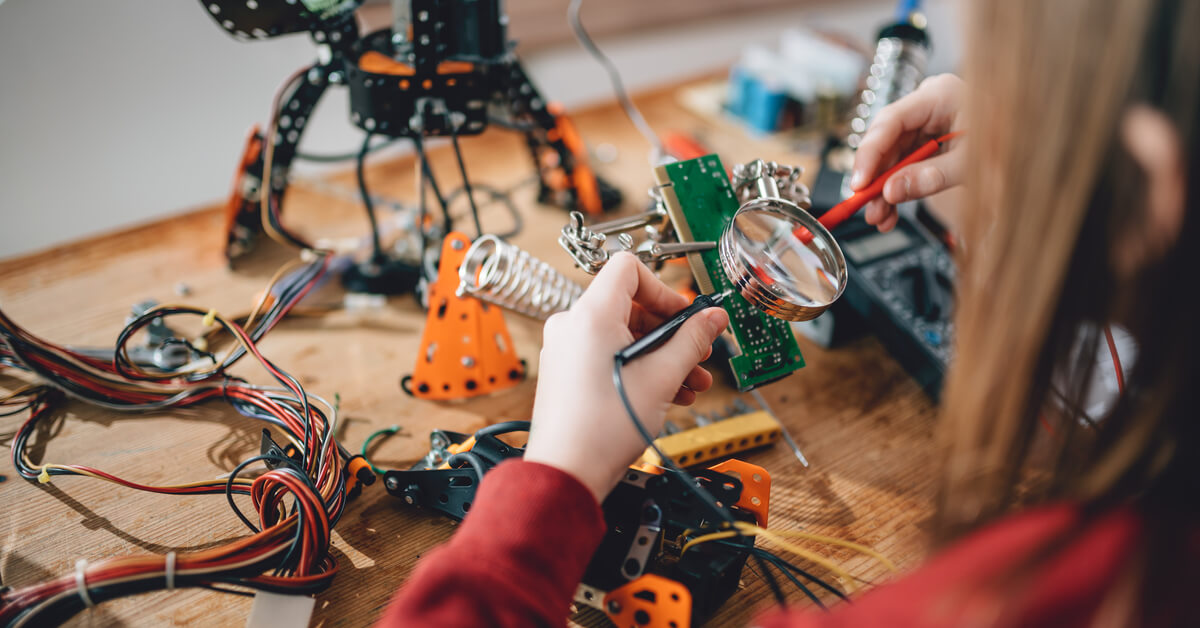A perhaps-underappreciated aspect of Mehta and Fine’s excellent 2018 book, In Search of Deeper Learning, is its thoughtful attention to double-loop learning. Borrowing from the work of Chris Argyris, Mehta and Fine explain that many of the schools leading the way in school reinvention are skilled in “single-loop learning,” defined as “getting better within one’s existing paradigms and goals.” These programs establish a lofty vision, compelling philosophy, and thoroughly aligned and articulated policies and procedures for their educational design — and often are succeeding by their own lights. At the model “No Excuses” school described by Mehta and Fine, time is rarely wasted, students are increasingly on task, and test scores are on the rise; at what they refer to as “Dewey High,” student engagement surpasses that of most schools, and student work-product exhibitions shine.
That’s good, and at the same time, it’s not enough. What’s required for excellence, these authors suggest, is “double-loop learning,” which “requires questioning fundamental goals and paradigms.” It isn’t enough to fulfill the organization’s challenging ambitions; at the very same time, those leading learning must confront the limitations of their model and ambition, and envision what lies beyond it.
This isn’t easy–…


